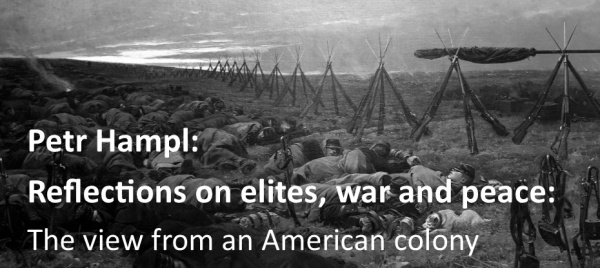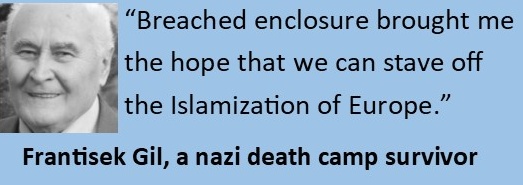In the discussion of global capitalism and Soviet-style socialism, it should not be missed that there is one very specific social stratum. It is typical of it that:
- in a Soviet-type regime they created something that they could not in capitalism,
- under capitalism, they monetised it in a way that would have been unthinkable under socialism.
Artists are typical representatives of that stratum. Before 1989, they worked in an environment that was not entirely free, but in which it was possible to deal with censorship obstacles relatively easily (unlike Hollywood today). It was a time characterised by a general sense of humour, and where there were no long (and ever-expanding) lists of topics not to make fun of. Yes, you weren’t allowed to criticize Marx, but most people didn’t give a damn about any Marx. Those were the days when there was a mass cultured audience capable of consuming art at a decent level.
It’s just that the filmmakers of the time may have had a decent standard of living (for the time) and the opportunity to devote themselves fully to their work, but it wasn’t for riches. Grants, subsidies, support from the state cinema fund, the Open Society Foundation… and of course the possibility to publish your own stuff and receive many times more than the pre-November royalties. In theory, anyone could take advantage of this. In reality, only those who were already famous could take advantage of it.
It is actually logical that this kind of artists were previously active supporters of the Communist Party, and today they are clearly on the side of NATO, the European Union, the global free market and free migration.
Every time you come across a famous artist who started his career under Marxist socialism, and today claims to have been persecuted, this is probably the case.



